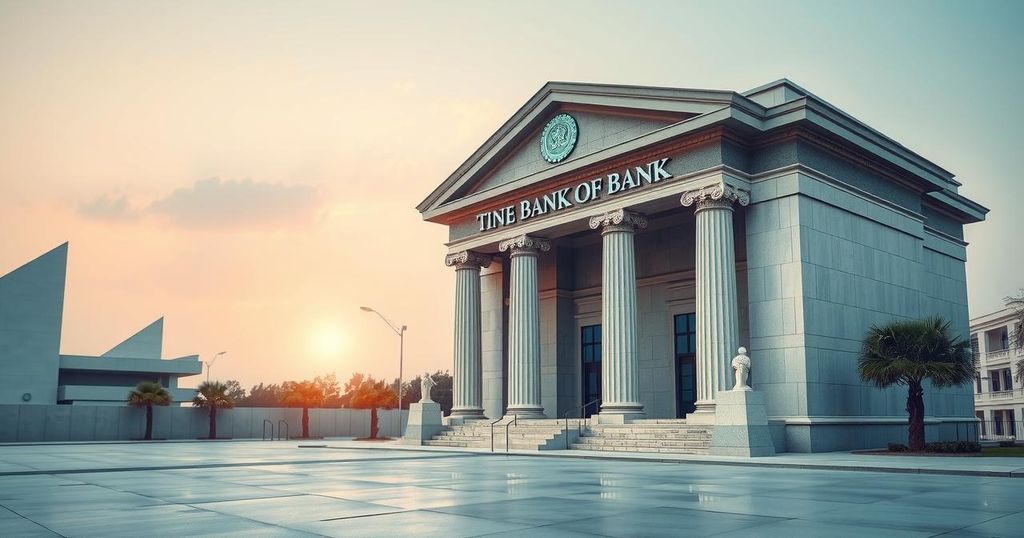The IMF and World Bank are tying reconstruction funds for Lebanon to “normalization” with Israel and disarmament of Hezbollah. A meeting highlighted requirements for political and financial reforms to access $3 billion in IMF assistance and additional World Bank funding. Lebanon needs an estimated $6-7 billion for reconstruction, while Hezbollah faces obstacles in providing necessary funds due to international pressures.
The International Monetary Fund (IMF) and World Bank have proposed linking reconstruction funding for Lebanon to the country’s “normalization” with Israel and the disarmament of Hezbollah. This information was disclosed by sources to the Lebanese newspaper Al-Akhbar, following a meeting between Banque du Liban’s acting governor Wassim Mansouri and IMF Managing Director Kristalina Georgieva. The IMF has conveyed that access to funding will depend on specific reforms and timelines.
Recent statements from Steve Witkoff, the U.S. Special Envoy to West Asia, suggested potential for Lebanon and Syria to engage in a normalization agreement with Israel. Witkoff remarked that both countries could align with the Abraham Peace Accords, reflecting significant geopolitical changes.
In 2022, Lebanon reached a staff-level deal with the IMF for a four-year Extended Fund Facility valued at approximately $3 billion, contingent upon essential financial reforms. However, rampant corruption and ongoing crises in Lebanon have stalled progress on this agreement.
The Lebanese Finance Minister Yassin Jaber recently reported the World Bank’s preliminary plan for a $1 billion reconstruction initiative, which aims to address damage from Israel’s military actions. An initial funding commitment of $250 million has been earmarked for Beirut’s recovery.
Al-Akhbar’s sources indicate that the World Bank has pressed for expedited procedural approvals for its funding, which will depend on implementing Western-requested financial reforms by a March 25 Executive Board meeting. Furthermore, the European Union has conditioned its aid on the need to restructure Lebanon’s banking sector, affecting disbursement of €500 million pledged to manage refugee flows into Europe.
Estimates suggest that Lebanon requires around $6-7 billion for comprehensive reconstruction. In the interim, Hezbollah has funded much of the restoration efforts in southern Beirut, allocating $650 million, including $250 million following disputes over Iranian flights. Nevertheless, U.S. pressure has hindered Hezbollah’s ability to distribute funds effectively.
The IMF and World Bank’s reconstruction funds for Lebanon are now contingent upon certain political and financial reforms, notably involving normalization with Israel and Hezbollah’s disarmament. As Lebanon faces severe infrastructural damage and requires billions for recovery, both local and international entities are pushing for extensive reforms to access these necessary funds. In the backdrop of such challenges, political dynamics and external pressures remain critical to Lebanon’s future funding prospects.
Original Source: thecradle.co






